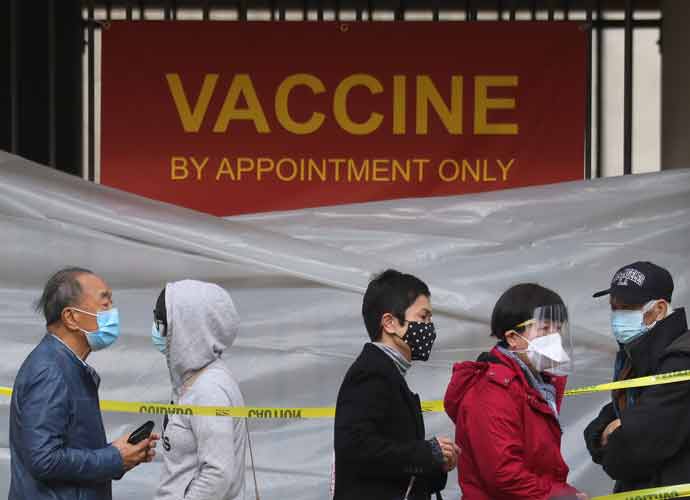U.S. Declares Monkeypox A Public Emergency
The Biden administration declared Monkeypox a public health emergency on Thursday afternoon.
“We urge every American to take monkeypox seriously,” Secretary of Health and Human Services Xavier Becerra said at the press conference.
The first U.S. case was identified in mid-May, but reported cases have now topped 6,600 across the nation. One thousand-two hundred of those cases have come in the last three days. President Joe Biden and his administration have been criticized in recent weeks for failure to act faster, especially after the Department of Health and Human Services waited over three weeks after Monkeypox was confirmed to have arrived in the U.S. to order bulk doses of the vaccine.
Major cities like New York City and San Francisco have already declared public emergencies which allows them to use federal funds to combat the outbreak. The Biden administration’s announcement will open up similar resources for the whole country, including the distribution of vaccines and the opening of access to emergency funds. They will also be able to start studying Monkeypox cases more closely.
Subscribe to our free weekly newsletter!
A week of political news in your in-box.
We find the news you need to know, so you don't have to.
The decision comes after the World Health Organization declared Monkeypox a public health emergency of an international concert at the end of last month.
Though anyone can be infected with Monkeypox, it is mainly spreading through male-to-male sexual contact. Ninety-nine percent of cases have been found in people who were assigned male at birth, according to the HHS.
Monkeypox symptoms include fever, chills, headaches and most notably rashes that can develop into lesions which are most common in the genital area but can spread to all parts of the body.
The U.S. has ordered an increase in vaccines and testing capacity in an effort to combat the illness.
Get the most-revealing celebrity conversations with the uInterview podcast!







Leave a comment